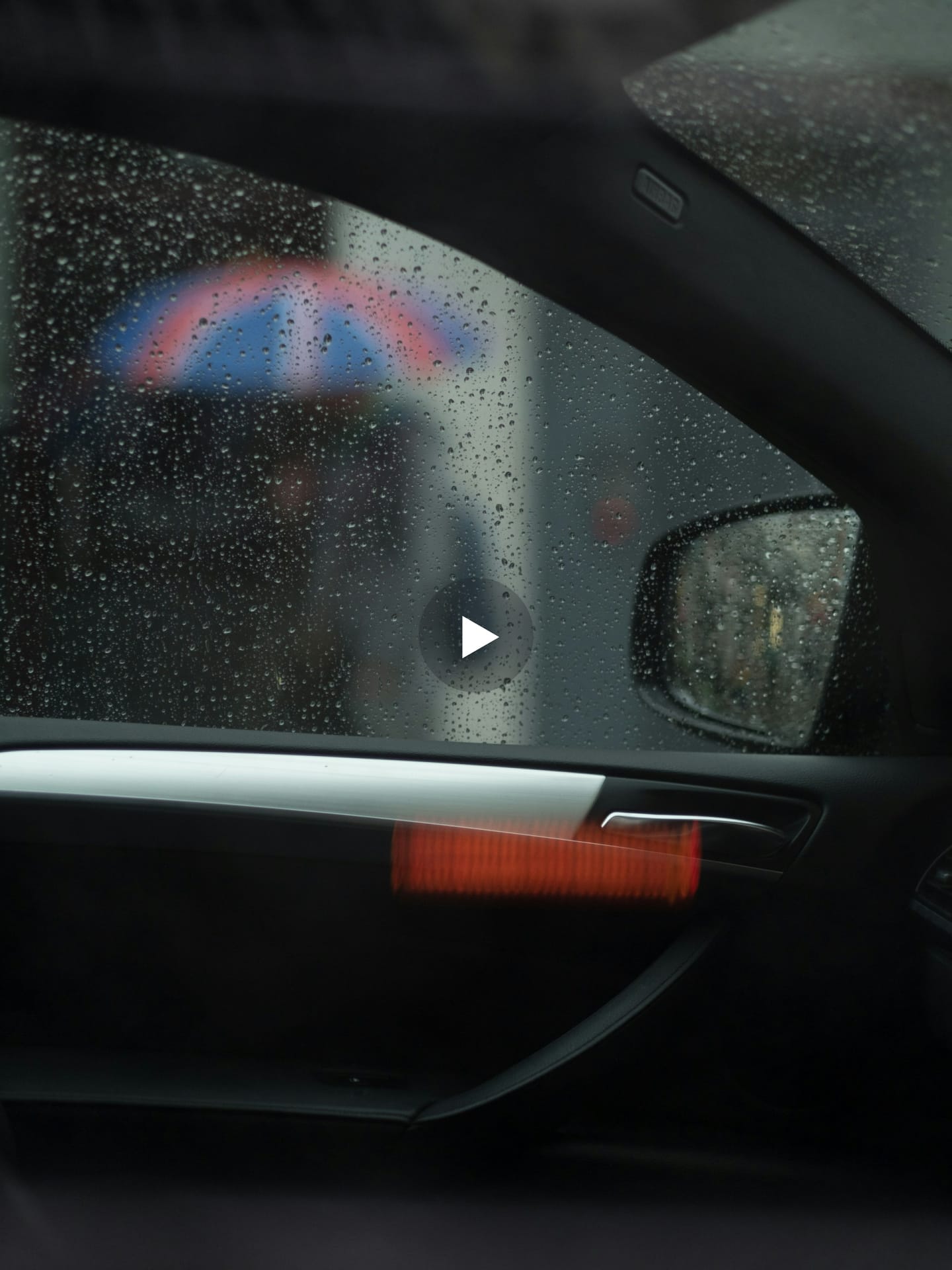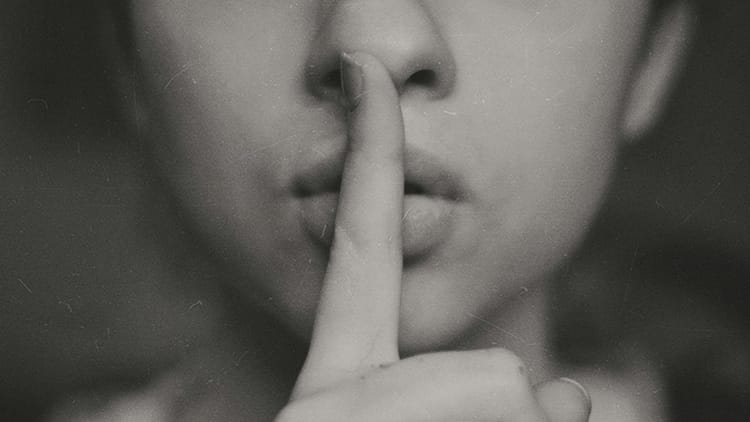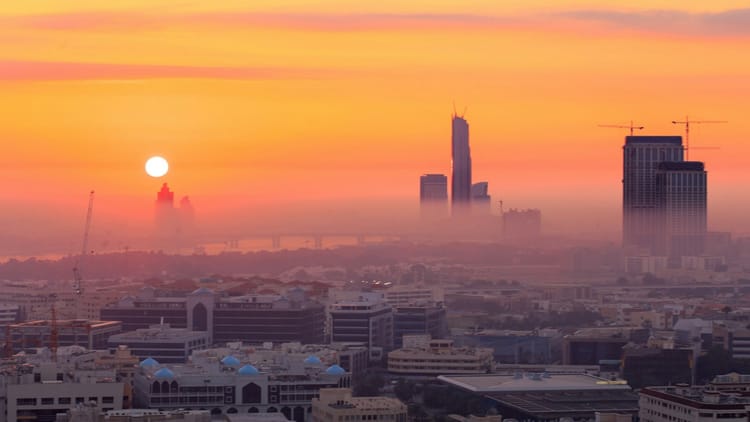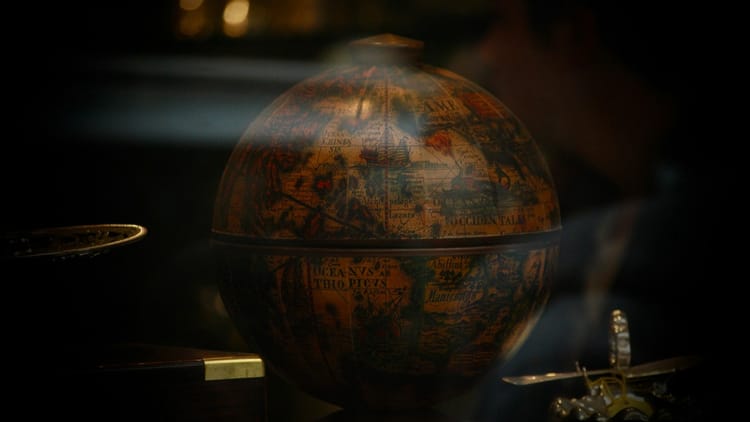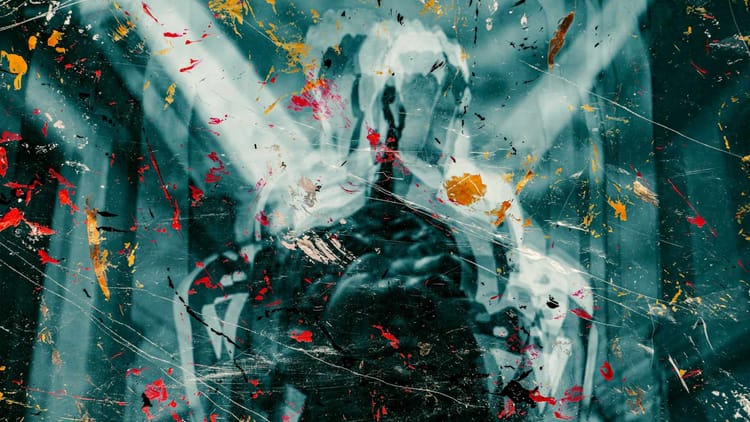‘It’s not incredibly obvious what to do’

Recently: John Jamesen Gould on how the United Arab Emirates got a $2 billion crypto deal with the Trump family business and access to America’s most advanced AI chips.
Today: The American president gets the royal treatment in Britain as protesters project images of him and Jeffrey Epstein on the walls of Windsor Castle. The U.S. central bank cuts rates as President Donald Trump’s new governor pushes for deeper reductions. Israel opens a second Gaza evacuation route. Security forces use rubber bullets and tear gas against protesters as the Thai-Cambodian border dispute reignites. & Trump extends the U.S. deadline for the sale of TikTok to December.
+ Sergey Radchenko on how much control China really has over Russia.
& New music from Max Richter ...
Royal pageantry, political calculation
President Donald Trump began his second U.K. state visit on Wednesday with full royal ceremony at Windsor Castle, complete with horse-drawn carriages and a state banquet with King Charles III. In the meantime, activists projected images of Trump with Jeffrey Epstein onto the castle’s medieval walls, while thousands of protesters filled the streets in London.
The elaborate diplomatic theater points to a delicate calculation facing Prime Minister Keir Starmer’s struggling government: securing desperately needed American tech investment while hosting a president who remains deeply unpopular with British voters—and whose Epstein ties have become a domestic political crisis.
The pageantry itself suggests careful damage control: The king chose Windsor Castle over Buckingham Palace—a venue royal observers note better suits hosting a controversial figure while keeping him away from central London protesters. The carriage procession stayed within royal grounds rather than public streets, and the formal agenda avoided any public-facing events where demonstrators might confront Trump directly.
For Starmer, polling with 24 percent approval, the visit represents both opportunity and peril. His government is counting on the US$40+ billion in artificial-intelligence and data-center investments American companies—including Microsoft, Google, and OpenAI—are announcing during Trump’s stay. Those deals could create 5,000 jobs and position Britain as a European hub for AI development—economic wins Starmer’s Labour government could really use right now.
But while the Epstein scandal continues to be a problem for the American president back home in the U.S., it also threatens to overshadow everything for the British prime minister here in the U.K.: Last week, Starmer was forced to dismiss the British ambassador to Washington, Peter Mandelson, following revelations about his extensive correspondence with Epstein. British activists have made the notorious sex offender the focal point of their protests—not only projecting images of Trump and Epstein but unfurling a massive banner showing the pair together on Windsor Castle’s grounds.
The tension extends to King Charles himself, as he navigates hosting a president whose positions on NATO, climate change, and international cooperation directly contradict the king’s longstanding advocacy positions. Royal protocol demands neutrality, but the king has spent decades championing environmental causes and multilateral institutions that Trump now actively undermines.
Both king and prime minister appear to be gambling that royal theater and billion-dollar deals might end up outweighing the awkward reality that their guest remains, for most Britons, fundamentally unwelcome.
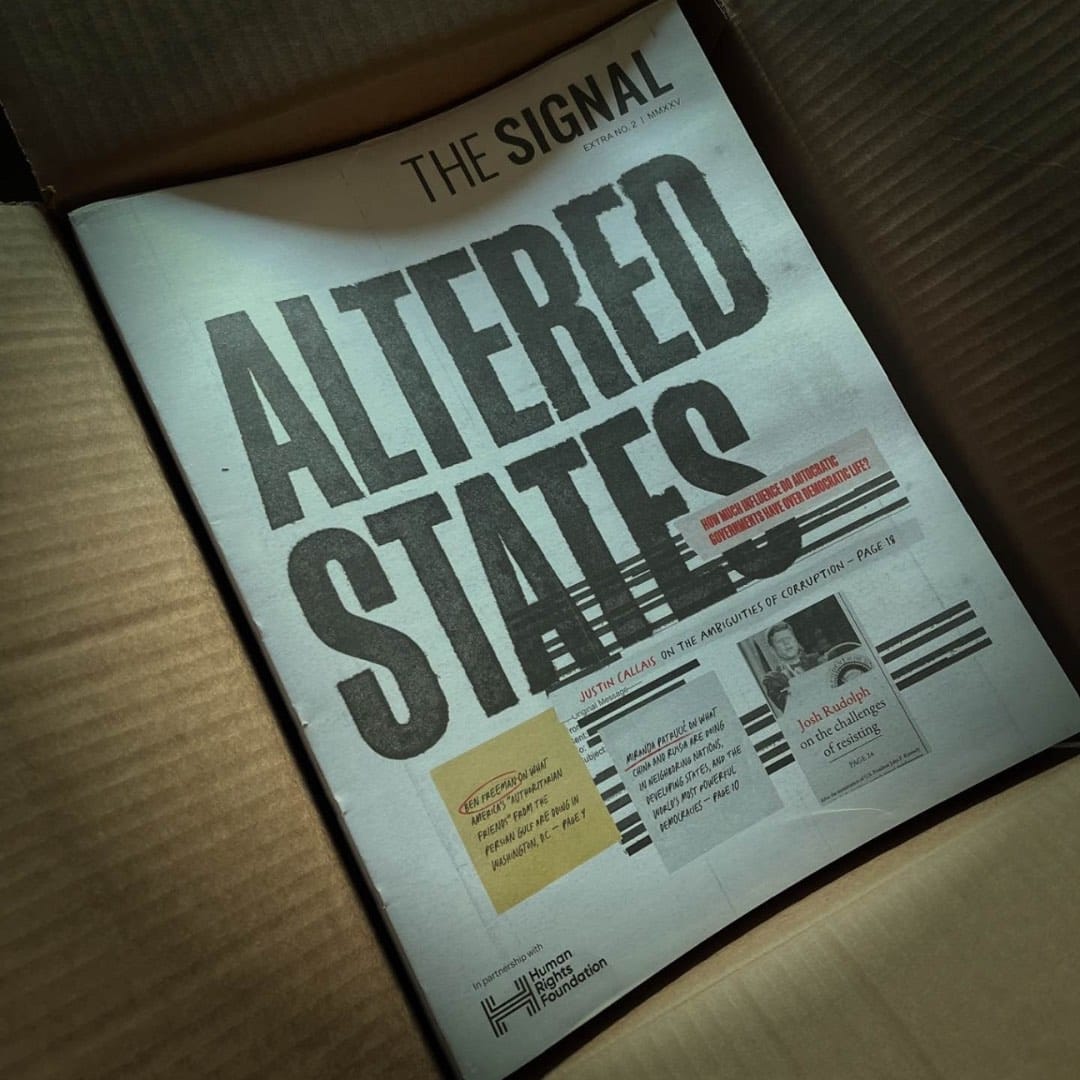
Meanwhile
- The Israeli military has opened a second “temporary route” for people fleeing Gaza City—the first was to the coastal Mawasi area, this one along Salah al-Din Road heading south—as the ground offensive that began Tuesday continues with over 150 airstrikes in the past 48 hours: “The route … will be open from noon today until noon on Friday.”
- The U.S. Federal Reserve cut interest rates by a quarter point on Wednesday in its first reduction this year, with the newly appointed Fed governor Stephen Miran—President Trump’s top economic adviser, who’s taking a leave of absence rather than resigning from his White House role—casting the only dissenting vote, favoring a larger cut. As to what’s next, per the Fed’s chair, Jerome Powell: “It’s not incredibly obvious what to do.”
- Also on Wednesday, Thai and Cambodian forces clashed at their disputed border, using tear gas and rubber bullets, for the first time since July’s ceasefire, signaling the fragility of their truce over contested temple territories—a conflict that’s already killed dozens and displaced hundreds of thousands. Here, via Popular Front, you can see a Buddhist monk throwing a tear-gas grenade back toward Thai soldiers.
- Yesterday, President Trump extended the deadline for the Chinese firm ByteDance to divest from TikTok’s U.S. operations until December 16, two days after U.S. Treasury Secretary Scott Bessent announced a “framework agreement” between the Americans and the Chinese—though Bessent declined to reveal any terms or which “two private parties” are actually involved in the deal.
- On Monday, we noted: “The absence of any disclosed commercial terms, along with the timing—just 48 hours before a ban deadline—leaves it still ambiguous whether the ’deal’ ends up being a genuine breakthrough on the core security issues or more of an agreement to defer the most contentious questions about who actually controls what TikTok is feeding through Americans’ screens.”
Our second limited-run print magazine, Altered States, runs down the question of the influence dictators have over democratic life in the world today.
This edition, produced in partnership with the Human Rights Foundation, features conversations—with Ben Freeman, Miranda Patrucić, Justin Callais, and Josh Rudolph—on how authoritarian states build political influence in the U.S., why dictators keep disrupting so many other countries, why autocratic corruption is such a problem for democratic life, and what democracies can do about it.
Currently available in the U.S.A. To register interest in ordering internationally, or with any questions, please be in touch: concierge@thesgnl.com.

Client state
How much control does China really have over Russia? Sergey Radchenko on great-power politics, Moscow’s growing energy exports, and Beijing’s new sway.
Vladimir Putin and Xi Jinping have been spending a lot of time, and doing a lot of deals, together recently. In late August, Putin traveled to the Chinese city of Tianjin for the annual meeting of the Shanghai Cooperation Organisation. He then stayed on, holding a one-on-one meeting with Xi on September 2. The following day, Putin—along with North Korea’s Supreme Leader Kim Jong Un—sat next to Xi at a massive military parade marking the 80th anniversary of China’s victory over Japan in World War II.
Earlier in August, in the Sea of Japan, Moscow and Beijing had held their first joint submarine exercises, including live-fire artillery and air-defense drills. On September 9, underscoring their strong ties, they announced 22 new agreements in economic, security, health, media, agricultural, and other spheres.
And yet the Kremlin doesn’t seem to be getting everything it wants from Beijing. In early September, the CEO of Gazprom, Russia’s state-owned natural-gas firm, claimed his company had struck a binding deal with China on the Power of Siberia 2 pipeline. Beijing hasn’t confirmed it, and China’s foreign minister refused to answer questions about the deal.
Still, Beijing has approved Moscow’s request that Russian companies be allowed to issue bonds in Chinese capital markets—but it’s not clear whether Chinese banks are interested in doing the transactions, or whether anyone in China wants to buy Russian corporate debt. China also rejected proposals from Moscow to give Russians greater access to the global financial system.
What’s all this selective cooperation mean?
Their partnership has strengthened since the invasion of Ukraine—but as Sergey Radchenko pointed out here in The Signal in the spring of last year, when trade between the two countries hit a record high, this isn’t an alliance of equals. Beijing is in charge.
It won’t even use the word “alliance” to describe the relationship.
And it’s gladly reaping the gains from having Moscow as a client. China is the top buyer of Russian oil and has been getting a discount on it ever since Western countries imposed a price cap on Russian crude in retaliation for the invasion of Ukraine. China has been able to substantially increase sales of its goods in Russian markets, too, including dual-use technologies—high-tech items that could be used for military purposes—since Western countries cut off exports to Russia.
Meanwhile, Xi knows the world now sees Moscow as largely dependent on Beijing. And because of this dominant position, Beijing doesn’t have to compromise on any of its interests, like the Power of Siberia 2 pipeline. Which, Radchenko says, raises the question of what Putin can do about his growing reliance on China …
+ Read John Jamesen Gould on what’s ahead at The Signal … & Hywel Mills, with an update on our migration to Ghost.
Your loyal guide to a changing world
Membership with The Signal means exclusive access to premium benefits:
- Regular profiles on the questions behind the headlines
- In-depth feature interviews with our network of specialist contributors from across America and around the world
- The despatch, our weekly current-affairs and cultural-intelligence briefing
- Early access to new products, including print extras
It also means vital support for an independent new enterprise in current-affairs journalism.
‘Patterns / Solo (Pt. 1)’
